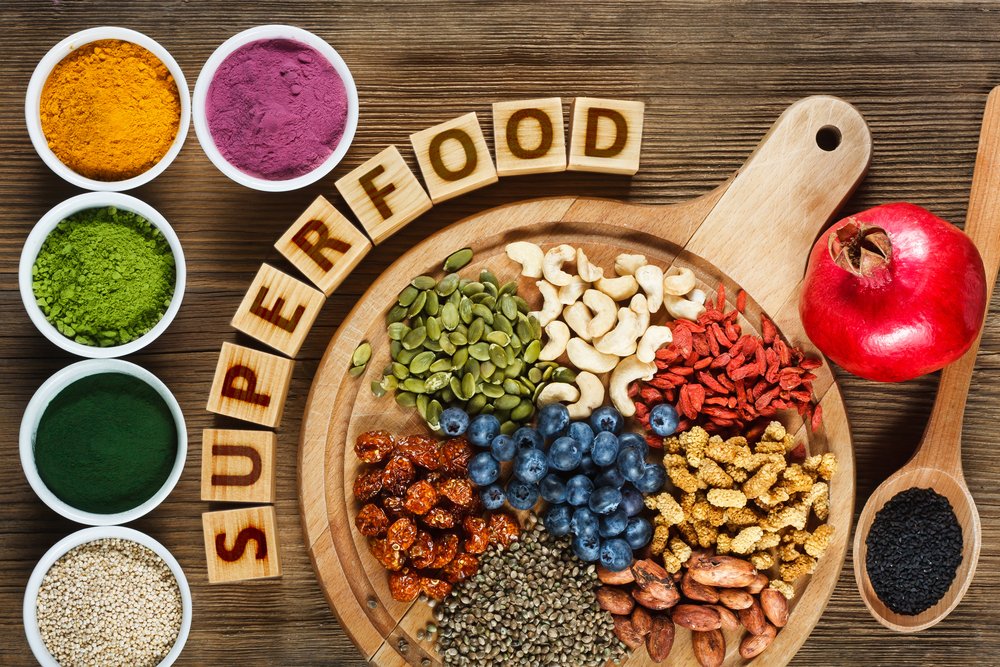Today, I am going to answer the most common questions on Intermittent Fasting.
What is Intermittent Fasting?
Well, intermittent fasting is any kind of diet eating plan setup. We’re intentionally restricting your eating window. The times when you’re having your meals to a smaller eating window and there are so many different ways we can do this. So for example, a 24 hour fast, where you have dinner on Saturday and you fast until dinner on Sunday would be intermittent fasting.
A common setup that a lot of people have is what’s considered like a 16-8 lean gains style intermittent fasting. Where you’re fast in 16 hours out of the day and you have eight hours of eating.
There are other types of fasting diets like the warrior diet; where you might be eating for four hours per day and fast in the other twenty. Point being in intermittent fasting is any kind of eating schedule where you’re more or less compressing your meals into a smaller eating window and staying in a fasted state for the rest of the time because there are a lot of metabolic benefits to fasting.
What can I eat or drink during intermittent fasting?
Anything that’s non-caloric for the most part is good to go in a fast. So the main thing when we’re fasting is we’re essentially creating a cellular signal in our bodies. We were saying “hey body, you’re not getting energy from the form of food”. So we don’t want calories because the calories are largely the trigger, that said says that our body’s gonna fasted or non-fasted state.
If you’re a person who likes coffee in the morning. Can you throw a little splash of some almond milk in your coffee? Those 15 to 25 calories gonna break you’re fast, absolutely not, you’re still in a fasted state.
There is some kind of gray area where you can have too many calories. For example, might be like a bulletproof coffee, these are coffee were you throwing a bunch of butter and MCT oil. Your coffee that can be up to 300 calories plus from fats, that is not a fasted state. Your body is getting plenty of energy from that. So if you’re throwing the butter in your coffee “I would say you’re breaking your fast” if you’re throwing a splash of almond milk, you’re probably not.
Other things you can drink like High-quality water, any kind of herbal tea, and you can have certainly have some black coffee if you want but things that are sweet this is kind of a gray area.
Can I take supplements while intermittent fasting?
It depends on the supplement, so certain supplements actually do cause a lot of nausea and gastrointestinal upset if you take them on an empty stomach. Classic examples would be things like taking too much vitamin C, certain B vitamins like folate, and if you’ve ever tried to take green tea extract or drink a lot of green tea on an empty stomach then you know how hardcore nausea can be.
So point being is something like a multivitamin and certainly green tea and I would add any kind of iron supplements. If you’re a person taking those things you definitely don’t want to take on an empty stomach they can hurt your stomach. It’s best to have a save those supplements for when you have your first meal.
There are certain supplements that you can totally take that we’re not going to break your fast so for example, creatine monohydrate is a supplement with a lot of great benefits does not have calories, you can take. The rule of thumb here is if the supplement does not have calories and does not hurt your stomach when you’re taking it.
What should I eat to break my fast?
The best thing to eat to break your fast is to get some good fibrous green stuff in your body, a big salad. Any kind of fiber-like some sprouted beans, chia seeds, hemp seeds, you know fiber form like an avocado, get green stuff with some protein.
Another thing that I think is a cool idea too is there is some research that shows that taking whey protein even 20 grams of whey protein before your first meal, actually limits that blood sugar response.
What time should I fast?
If we’re really compressing your eating window we could do it in so many different ways. We could essentially have that first meal in the morning at breakfast and not eat for the rest of the day until breakfast the next day. We could have fast until dinner and then fast the next day. There are so many different ways we can shift it around. I think it’s best to have your meal a little bit later in the day as opposed to the breakfast morning setup.
Can I exercise while intermittent fasting?
There are a ton of benefits to fasted exercise. Totally works great whether your goals are building muscle or losing fat. You can absolutely exercise well fasted. It’d be a good idea to get a meal sometime after you’ve exercised, doesn’t have to be immediately, it could be several hours later but you do want to have a meal after you exercise.
So you could exercise in the morning and you could go throughout the entire day and then have a meal later at night. As long as you’re getting a high-quality protein source later a night that’s gonna give your body the amino acids it needs to repair the musculature. But you can totally exercise well fasted and it’s not necessarily gonna impact your strength gains or your must muscular gains.
In fact, there is some research showing that if you exercise in the fasted state your body actually has greater increases in protein synthesis when you feed your body afterward.
Is intermittent fasting only for weight loss?
It works great for weight loss for a couple of reasons:
- Your body’s burning a lot of fat while you’re fasting.
- You’re naturally controlling your calories because look we’re compressing your eating window.
You can totally gain muscle doing intermittent fasting. There are actually some beneficial hormonal changes that happen with intermittent fasting. Your growth hormone super high, you can get some modest benefits your testosterone levels. But here’s the thing if you do want to build muscle you need to make sure you’re eating enough food.
I would say it’s probably a bad idea to compress your eating window too small because let’s say that your body does need like 2,500 to 3,000 calories to build muscle. Trying to get that a number of calories in 4 hours. It’s not possible you’re gonna be so full, you’d have to be shoving food constantly and be very uncomfortable and probably natively impact your health from the digestive standpoint alone.
If you are looking to build muscle, I would say maybe that’s 16 8 setups where you’re having at least two if not three meals per day and you have at least eight hours to spread those calories out. If you’re getting enough calories your strength training and making progressive strength gains in the gym you can build muscle. There are a lot of people very successfully who can bulk on fasting. It just makes a little more challenging in terms of getting the food in but if you can get it in you’re good to go.
Will I lose muscle while intermittent fasting?
Not necessarily, as long as your strength training. Some people find that they think there are some research studies that show that people lose roughly around maybe around 10 percent of their muscle mass but that’s concurrent with dieting in general. If you’re losing weight even if you’re eating you know every two hours as we lose weight and fat our bodies do lose some muscle in general and it’s just a natural part of dieting.
Any athletic competitor especially if someone who’s done like a body length show knows that the process of dieting means you’re not just losing fat but you’re losing muscle along the way.
Strength training, getting enough sleep, and make sure eating enough calories are essential for preventing muscle loss while you’re fasting. But if you do it daily. You strength train heavy you’re getting the generally right number of calories the muscle loss, won’t be necessary any more dramatic than if you’re eating every few hours you know it really is it’s kind of a good point as long as your strength training. If you are just doing fasting, then you lose some muscle.
What are the negative side effects of intermittent fasting?
Feeling like you are hungry
It is a combination of being a little bit tired a little bit angry and we’ve all kind of experienced this at some point one or another. And I think this is a more common side effect when people start doing intermittent fasting.
If you are feeling hungry on the fasting start to drink more water and a little bit of black coffee or green tea, getting a little caffeine can also help.
Headaches
Dehydration is the main cause of headaches. So you’ve got to make sure you’re staying super hydrated while you’re fasting. Water and teas are your best friends, you want to brew a big thing of tea. It will help with your energy and by doing this you will not get headaches.
How does intermittent fasting relate to ketogenic diets?
There’s big popularity right now with ketogenic diets. When you don’t give your body carbohydrates your liver starts to produce these things called ketone bodies from fats in your brain can run on ketone bodies it’s an alternate energy source.
Some Important References:
How to begin intermittent fasting – by – MedicalNewsToday
Intermittent fasting: Surprising update – by – Harvard
Answers to the Most Common Intermittent Fasting Questions – by – JamesClear
6 Popular Ways to Do Intermittent Fasting – by – Healthline
IS COFFEE, UM, *ALLOWED* WHILE YOU’RE INTERMITTENT FASTING? – by – Well+Good
The 90-Day Ketogenic Diet & Intermittent Fasting Experiment: How Does It Work? – by – Medium
Why Keto Is More Effective With Intermittent Fasting – by – Bulletproof



